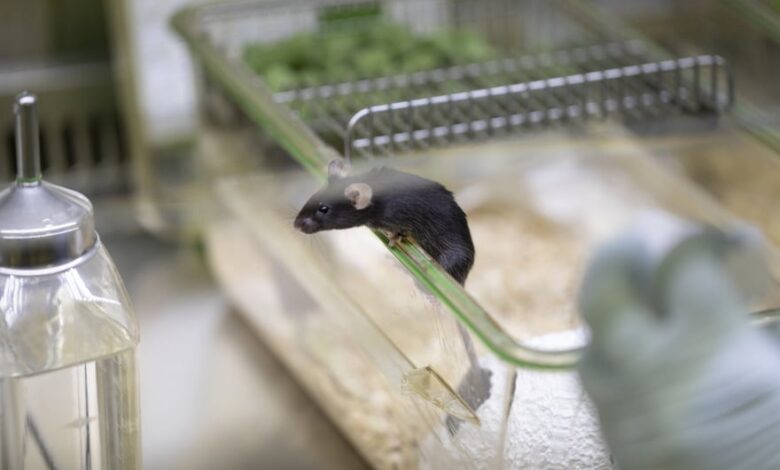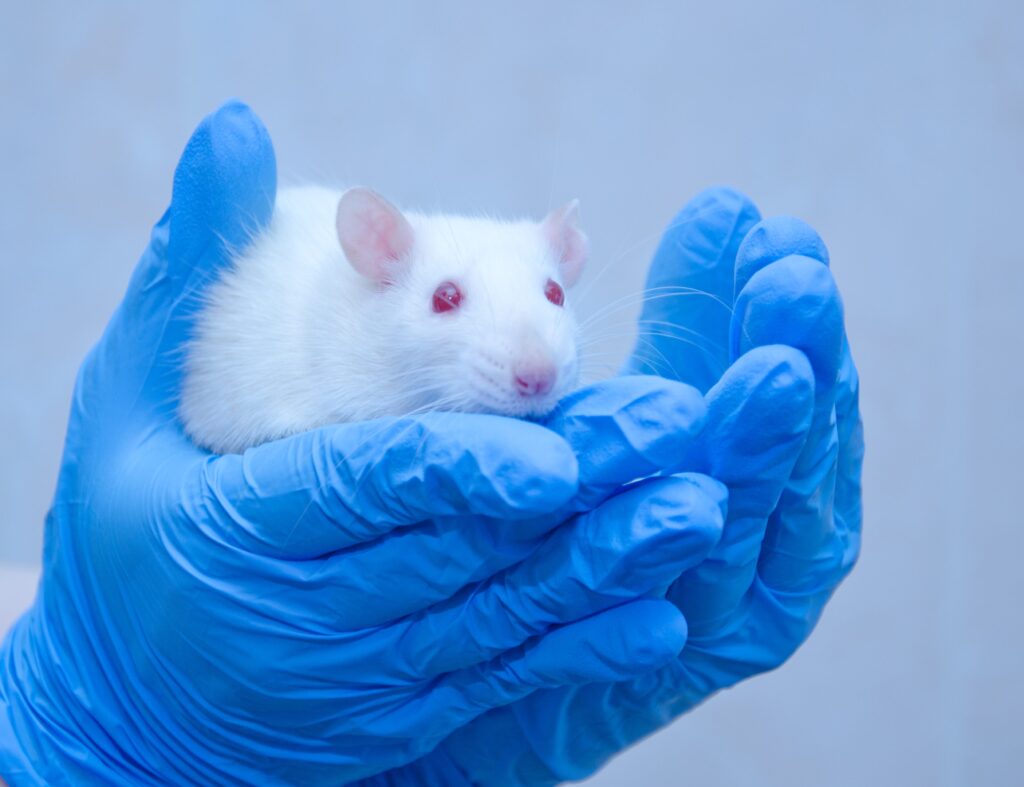
The Swiss people rejected the initiative calling for a ban on all experiments on animals and humans by a large majority. The proposal was rejected in all cantons.
 The people have decided: Animal experiments will continue to be permitted in Switzerland. The proposal was rejected by 79.1% of persons entitled to vote and in all cantons, according to the final results. With 68.5% of votes against, Ticino was the least critical canton of the text. In Graubünden the "no" was 77.9%. Nationally, participation stood at 43.6%.
The people have decided: Animal experiments will continue to be permitted in Switzerland. The proposal was rejected by 79.1% of persons entitled to vote and in all cantons, according to the final results. With 68.5% of votes against, Ticino was the least critical canton of the text. In Graubünden the "no" was 77.9%. Nationally, participation stood at 43.6%.
This is the sharpest pushback in the history of animal testing votes. Similar initiatives had already been rejected in three previous votes (in 1985, 1992 and 1993) and always with a large majority (70%, 56% and 72%). The Swiss men and women did not harbor any doubts this time either.
The polls had already largely predicted the popular "no" for the text, launched by a group of citizens of St. Gallen and supported only by a few animal rights organizations and alternative doctors.
The initiative proposed to ban not only experiments on animals but, by analogy, also those on humans and the importation of products obtained from such experiments. For these reasons it was considered too extreme by both the Government and Parliament. In the parliamentary vote, in fact, all political parties had rejected the proposal.
“The situation of animals is bad, both in research and in the food industry”
The co-president of the organizing committee, Renato Werndli, is disappointed by the clear popular "no". "It's a shame, Switzerland could have been the first country to ban animal testing," he told RTS French radio.
According to Werndli, the situation for animals is very bad, both in research and in the food industry. The promoter of the initiative believes that there is a "dissonance" in the population between the awareness of the injustices done to animals and the result of the vote. "We tried to argue scientifically, but they didn't let us." For Werndli, people look for excuses to close their eyes.
The initiative had the advantage of putting pressure on the Federal Council, says Werndli. Indeed, the National Research Program “Advancing 3Rs – Animals, Research and Society” (NRP 79) was launched at the beginning of 2021 to reduce the number of animal experiments. However, Werndli intends to remain committed to animal welfare and return to the subject in a few years. “We meet already tomorrow to plan the next initiative,” he said. This is a unique means of getting “our message” across.
An initiative too extreme
The initiative was too extreme, according to national councilor Léonore Porchet (Greens/VD), a member of the  opposing committee. The massive rejection by the people, however, does not mean that the experimentation has received a blank check. The national councilor believes that more must be done to limit the use of animals in research as much as possible. "Our party has already taken such action in Parliament," he told the Keystone-ATS news agency.
opposing committee. The massive rejection by the people, however, does not mean that the experimentation has received a blank check. The national councilor believes that more must be done to limit the use of animals in research as much as possible. "Our party has already taken such action in Parliament," he told the Keystone-ATS news agency.
"The people understood what the consequences could be of a 'yes' to the initiative to ban animal testing for research and health", added national councilor Simone de Montmollin (PLR/GE), also part of the committee against the text. The Genevan stressed that Swiss legislation in this area is very demanding and evolving.
“The result is sharper than expected. The people understood that a ban would endanger animal and human health,” said Andrea Gmür, member of the Council of States (Centre/LU). The Covid-19 pandemic may have contributed to the result: people realized that if the initiative went into effect they would not have access to vaccines, added National Councilor Martin Haab (SVP/ZH).
The ban would have excluded the Swiss population from medical progress, says the trade association Science industries. Experiments on humans and animals are essential for the development of medicines and vaccines. Had the initiative been adopted, the pharmaceutical companies would have moved their research abroad, where less stringent animal protection laws apply, the Liberal Greens add.






